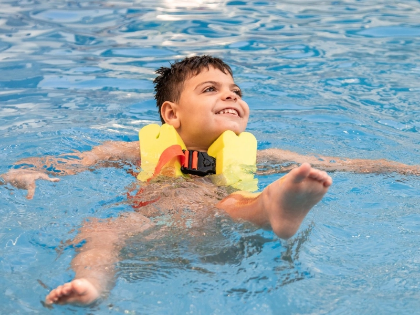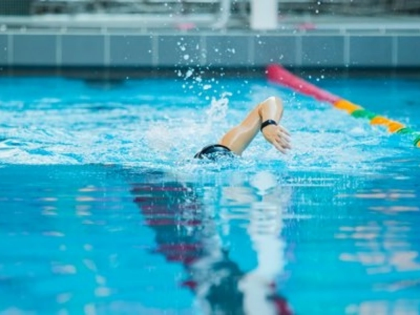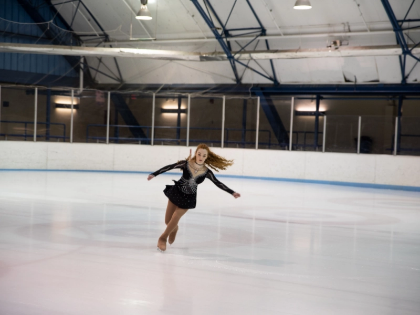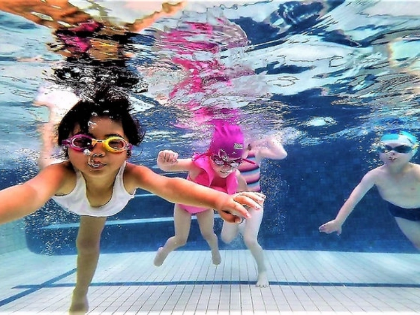Why Do People Like Figure Skating?
Hours of daily work are put into perfecting the skills of figure skaters. Watching their jumps and spins is incredible. But it's harder than it seems to pick up these tricks. Get a coach and start taking lessons as soon as you can in your skating career. This will significantly affect your capacity to pick up new techniques and advance swiftly.
1. It's a terrific exercise.
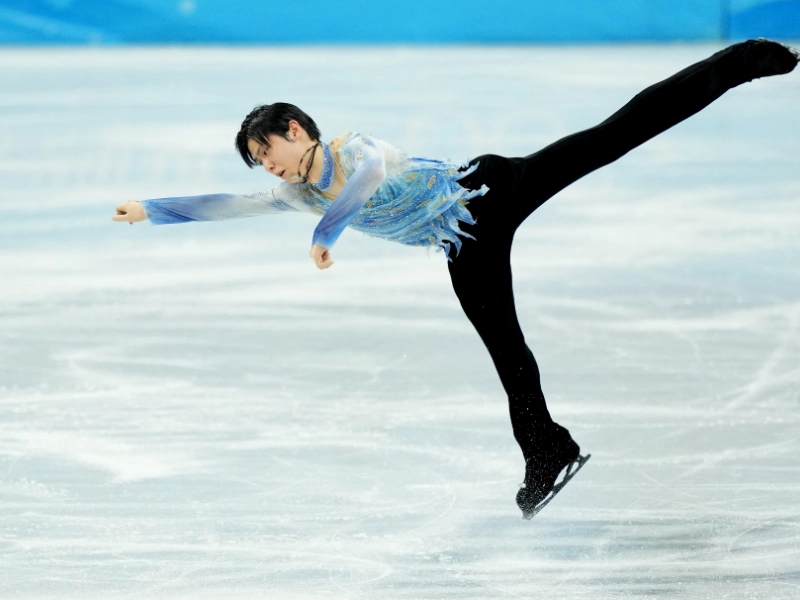
2. Enjoyable
 A great way to make new acquaintances and keep in shape is figure skating. Skaters can participate in competitions and learn to accomplish jumps and spins. Even professional skaters exist.
While it can be incredibly challenging, figure skating is a terrific way to stay in shape. Skaters may have to travel a great distance to events and must train frequently throughout the day. Additionally, they have to spend a lot of money on skates and costumes.
Finding a healthy balance between competing and living their lives is a challenge for many skaters. This could be challenging, particularly for female skaters. For instance, many skaters have battled eating disorders; some have even lost their lives as a result of these problems. There are solutions to prevent these issues, though.
A great way to make new acquaintances and keep in shape is figure skating. Skaters can participate in competitions and learn to accomplish jumps and spins. Even professional skaters exist.
While it can be incredibly challenging, figure skating is a terrific way to stay in shape. Skaters may have to travel a great distance to events and must train frequently throughout the day. Additionally, they have to spend a lot of money on skates and costumes.
Finding a healthy balance between competing and living their lives is a challenge for many skaters. This could be challenging, particularly for female skaters. For instance, many skaters have battled eating disorders; some have even lost their lives as a result of these problems. There are solutions to prevent these issues, though.
3. It's a fantastic method to keep fit.
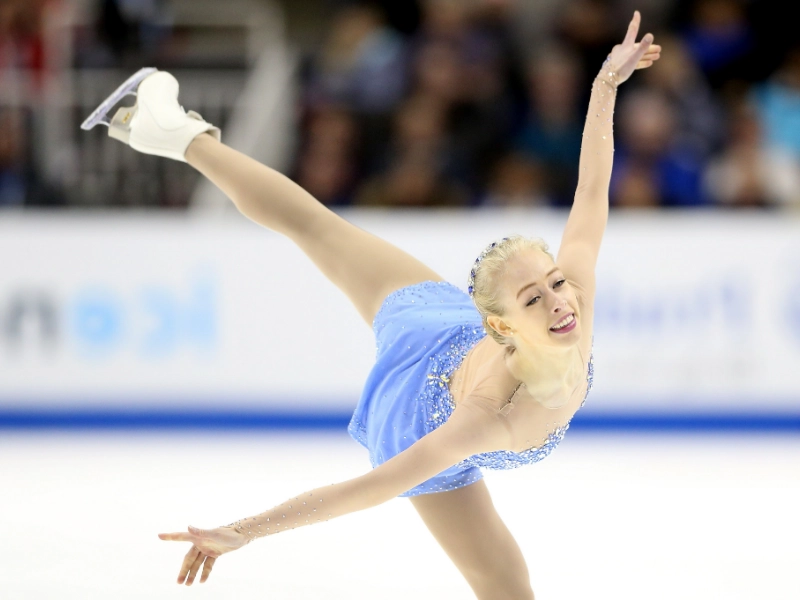 Many people mistakenly believe that figure skating is only a sport rather than an effective exercise. It's a good workout that also improves the endurance and strength of your legs. Also, it's a lot of fun.
Figure skating attained new heights of popularity in the 1990s, when Kristi Yamaguchi and Tara Lipinski ruled the globe and the Olympic podium. The broadcast women's short programs were among the most watched Winter Olympics competitions in history. It was an exciting show.
Children who choose to compete commit heavily. They frequently devote years to practicing, and it's not unusual for their families to make substantial financial commitments. Even if they reach the top, many skaters continue to experience identity problems years after their professional careers come to an end.
Many people mistakenly believe that figure skating is only a sport rather than an effective exercise. It's a good workout that also improves the endurance and strength of your legs. Also, it's a lot of fun.
Figure skating attained new heights of popularity in the 1990s, when Kristi Yamaguchi and Tara Lipinski ruled the globe and the Olympic podium. The broadcast women's short programs were among the most watched Winter Olympics competitions in history. It was an exciting show.
Children who choose to compete commit heavily. They frequently devote years to practicing, and it's not unusual for their families to make substantial financial commitments. Even if they reach the top, many skaters continue to experience identity problems years after their professional careers come to an end.
4. You can make lots of new friends this way.
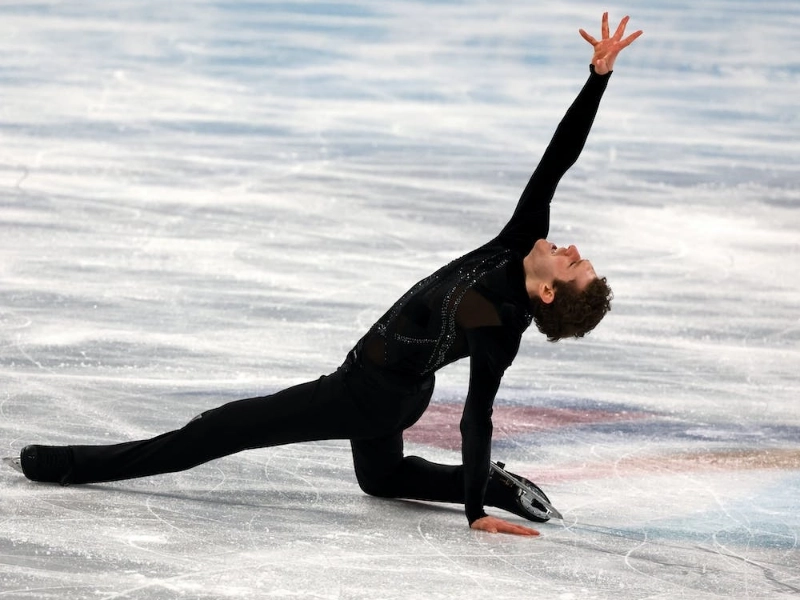 Athletes in the physically demanding sport of figure skating skate on ice while doing jumps, spins, and challenging steps. It is a well-liked spectator and participant sport because of the integration of physical prowess, artistic finesse, and musical interpretation.
In order to perfect their routines and achieve the flawlessness that has come to be synonymous with the sport, skaters train for hours every day. They frequently compete against one another, and they suffer consequences for making blunders while they perform.
But not everyone may find the figure skating format ideal. The number of people who can enjoy the activity is constrained by ingrained stereotypes about masculinity and femininity. For instance, a rugby player who is biracial and enjoys taking chances might not be as interested in jumping as high as a normal figure skater.
Athletes in the physically demanding sport of figure skating skate on ice while doing jumps, spins, and challenging steps. It is a well-liked spectator and participant sport because of the integration of physical prowess, artistic finesse, and musical interpretation.
In order to perfect their routines and achieve the flawlessness that has come to be synonymous with the sport, skaters train for hours every day. They frequently compete against one another, and they suffer consequences for making blunders while they perform.
But not everyone may find the figure skating format ideal. The number of people who can enjoy the activity is constrained by ingrained stereotypes about masculinity and femininity. For instance, a rugby player who is biracial and enjoys taking chances might not be as interested in jumping as high as a normal figure skater.
5. It's a fantastic method to meet people.
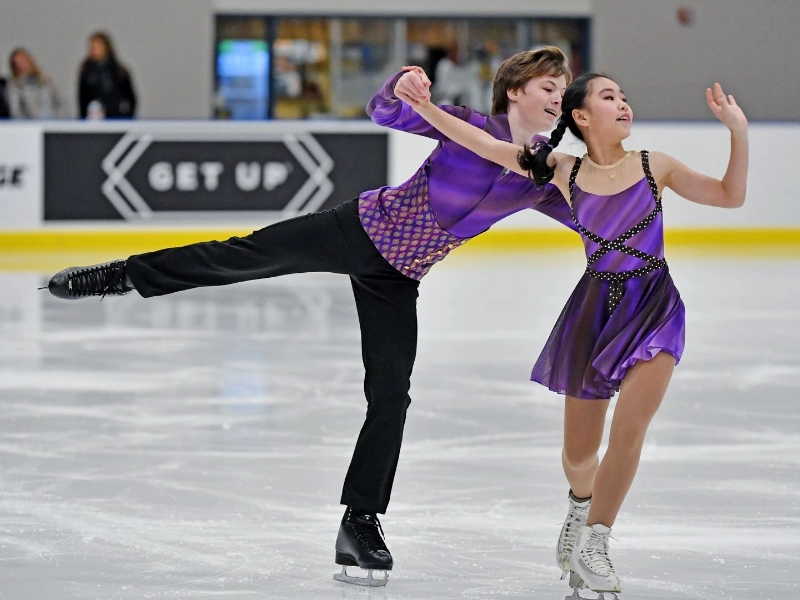 By mingling with other skaters before and after your session, you can establish acquaintances if you frequently visit your neighborhood skating rink. You can converse with them while skating, but it's crucial to respect other skaters' concentration.
Astonishing feats in the sport of figure skating can leave you speechless. It's a fantastic way to network and keep in shape.
In our study, we looked at how students perceived the advantages of recreational figure skating practice in terms of their motor, cerebral, and social abilities. Overall, the respondents were more appreciative of this sport's benefits for motor and mental abilities than for social abilities. Further study in this area is necessary, though.
By mingling with other skaters before and after your session, you can establish acquaintances if you frequently visit your neighborhood skating rink. You can converse with them while skating, but it's crucial to respect other skaters' concentration.
Astonishing feats in the sport of figure skating can leave you speechless. It's a fantastic way to network and keep in shape.
In our study, we looked at how students perceived the advantages of recreational figure skating practice in terms of their motor, cerebral, and social abilities. Overall, the respondents were more appreciative of this sport's benefits for motor and mental abilities than for social abilities. Further study in this area is necessary, though.
